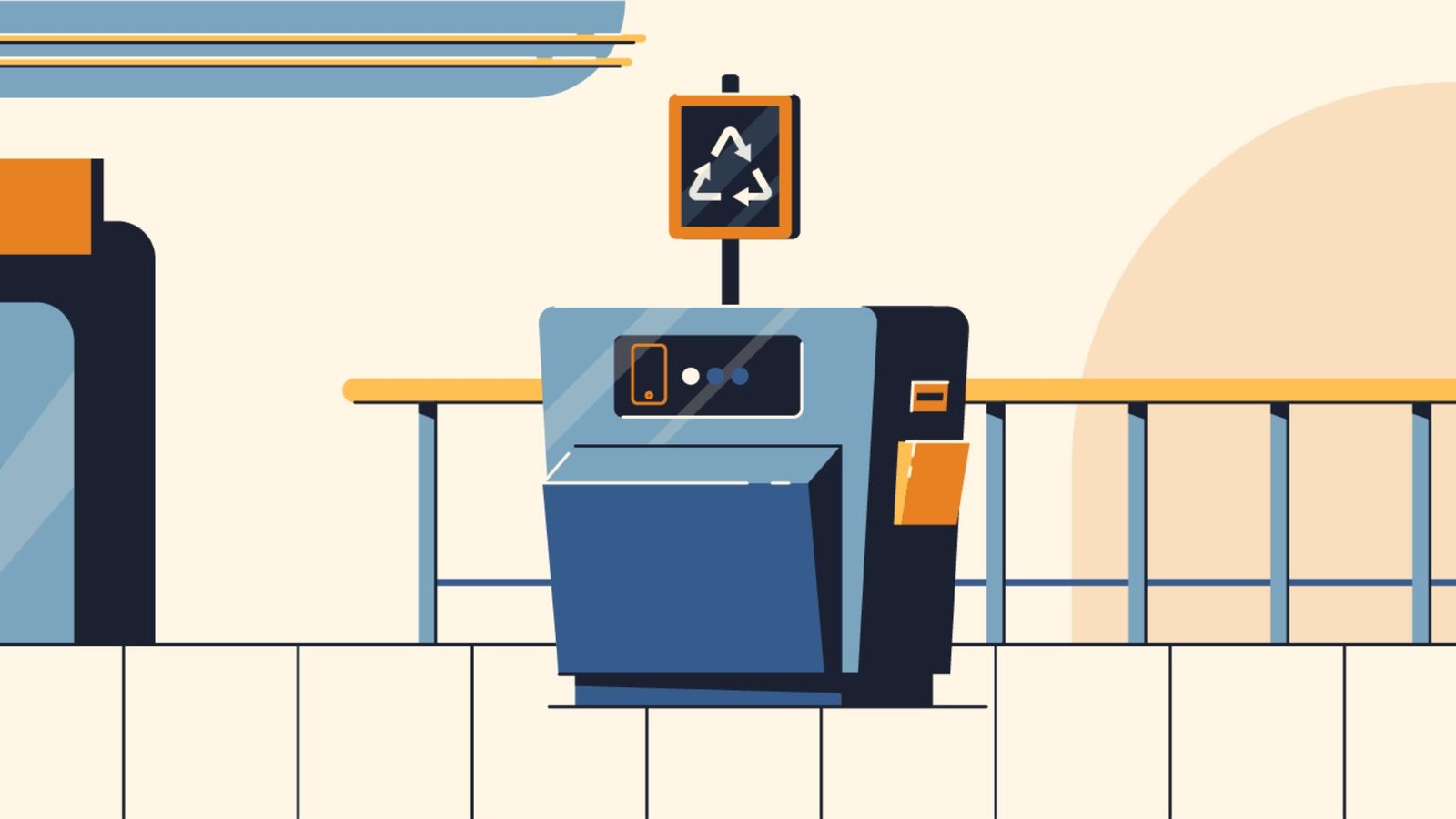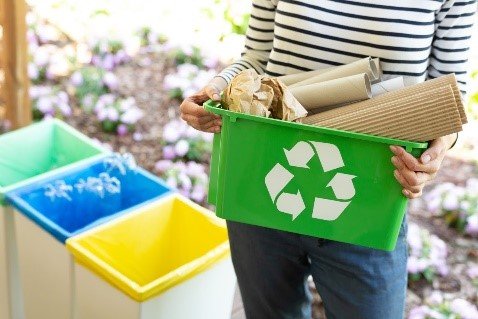As the world faces growing waste management challenges, innovations in waste disposal technology and solutions are emerging to address these issues. These advancements not only improve efficiency but also promote sustainability. In this post, we’ll explore some of the most exciting innovations shaping the future of waste disposal.

1. Smart Waste Management Systems
One of the most significant advancements is the development of smart waste management systems. These systems utilize sensors and IoT (Internet of Things) technology to monitor waste levels in bins and containers. By providing real-time data, waste management companies can optimize collection routes and schedules, reducing fuel consumption and operational costs. For instance, smart bins can notify collectors when they are full, ensuring timely pickups and preventing overflow.
2. Waste-to-Energy Technologies
Waste-to-energy (WTE) technologies have gained traction as a sustainable waste disposal solution. These methods convert non-recyclable waste into energy through processes such as incineration or anaerobic digestion. For example, anaerobic digestion breaks down organic waste to produce biogas, which can be used to generate electricity. By transforming waste into a valuable resource, WTE technologies help reduce landfill volumes while providing renewable energy.
3. Advanced Recycling Techniques
Innovations in recycling processes are also revolutionizing waste disposal. New technologies, such as robotic sorting systems, improve the efficiency and accuracy of recycling operations. These robots use artificial intelligence to identify and sort different materials, significantly increasing recycling rates. Additionally, chemical recycling methods can break down plastics into their original monomers, allowing for the creation of new, high-quality plastic products.
4. Composting Innovations
Composting technologies are evolving to make organic waste disposal more efficient. Aerobic composting systems now use controlled environments and advanced aeration techniques to accelerate the composting process. Moreover, in-vessel composting systems can handle larger volumes of organic waste while minimizing odors and pests. These innovations make it easier for businesses and communities to implement effective composting programs.
5. Mobile Waste Collection Apps
Mobile applications are changing how individuals and businesses manage waste. These apps provide users with information on local recycling guidelines, hazardous waste disposal options, and collection schedules. Some apps even allow users to report illegal dumping or request bulk waste pickups. By promoting awareness and engagement, these technologies encourage responsible waste disposal practices.
6. Circular Economy Solutions
The concept of a circular economy is gaining momentum in waste disposal. This approach emphasizes reducing waste and reusing materials rather than relying solely on disposal. Companies are now developing products designed for durability, repairability, and recyclability. For example, brands are creating packaging that is easily recyclable or compostable, thereby minimizing environmental impact.
7. Biodegradable Materials
Innovations in materials science have led to the creation of biodegradable alternatives to traditional plastics. These materials break down naturally over time, reducing the burden on landfills. For instance, plant-based plastics and compostable packaging options are becoming more widely available. By shifting to biodegradable materials, companies can help reduce plastic pollution and promote sustainable waste disposal.
8. Advanced Landfill Technologies
While minimizing landfill use is ideal, modern advancements are making landfills more sustainable. New technologies are improving landfill management practices, including better leachate collection systems and gas recovery processes. These innovations help mitigate the environmental impact of landfills by capturing methane gas for energy use and ensuring proper waste containment.
9. Education and Awareness Programs
Lastly, innovations in education and awareness are crucial for effective waste disposal. Many organizations are developing interactive platforms and campaigns to inform the public about responsible waste management. These initiatives often include workshops, online resources, and community events that encourage recycling, composting, and waste reduction.
Conclusion
In conclusion, innovations in waste disposal technology and solutions are essential for addressing the challenges of waste management in our society. From smart waste management systems to biodegradable materials, these advancements promote sustainability and efficiency. By embracing these innovations, we can reduce our environmental impact and create a cleaner, healthier planet for future generations. Stay informed and consider how you can support these solutions in your community!




